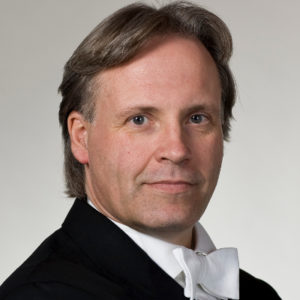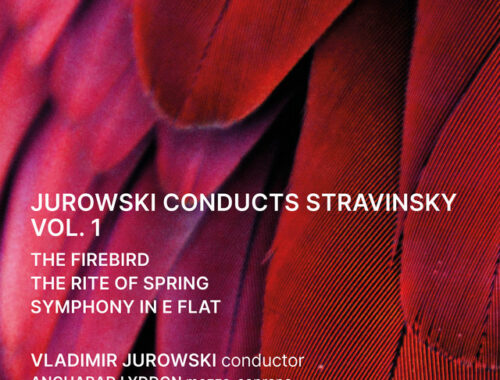MONDAY 19TH JULY 2010 PROM 4: RLPO/PETRENKO
Royal Albert Hall
The Royal Liverpool Philharmonic Orchestra pulled off the not inconsiderable feat of acknowledging both the Schumann and Mahler anniversaries simultaneously with their Prom opener. Mahler’s highly suspect retouching of Schumann’s Manfred Overture may have elucidated some of the inner part writing and added to the supernatural tone with some notable “muting” effects but from the incongruous cymbal splash at the very outset it was like hearing a familiar piece ghosted by another hand. It just wasn’t Schumann any more. No matter, Lord Byron’s troubled hero would be back later in the guise of the great Tchaikovsky.
Before that the ubiquitous “brief encounter” that is Rachmaninov’s 2nd Piano Concerto got something of a makeover in the creative hands of Simon Trpceski and the RLPO’s dashing principal conductor Vasily Petrenko. Nothing could have been further removed from the flash and rhetoric of the old warhorse approach. Trpceski shimmered over the keys, his nimble articulation lightening and illuminating hackneyed passage-work until phrases began to sing with fantasy once more. His veiled arpeggios made for a diaphanous effect with flute and clarinet in the slow movement and if this immensely refined approach occasionally had one hungry for a little more heft and wide-screen spectacle Petrenko was there with an impressively deep saturation of RLPO string sound.
It was a big feature of Tchaikovsky’s Manfred Symphony, too, but then how else could Petrenko have achieved such daring breadth with each heavily burdened return of the troubled hero’s theme. Its woebegone appearance at the close of the first movement was arrestingly, almost shockingly slow, horns hammering away below like ominous palpitations before lifting the theme aloft in rip-roaring fortissimo. This was mightily exciting.
But at the other extreme of the dynamic and emotional spectrum Petrenko’s strings and woodwind achieved tiny miracles of deftness with the apparition of the alpine fairy amidst glistening waterfalls in the symphony’s virtuosic scherzo. Granted the pastoral oboe-led third movement Andante lingered a little too lovingly over a melody (an especially fragrant one) which should perhaps convey a less knowing or worldly sense of innocence. But this was nothing if not a performance full of heart, one in which those aching recollections of Manfred’s lost love Astarte achieved a deeper and entirely Russian resonance.


